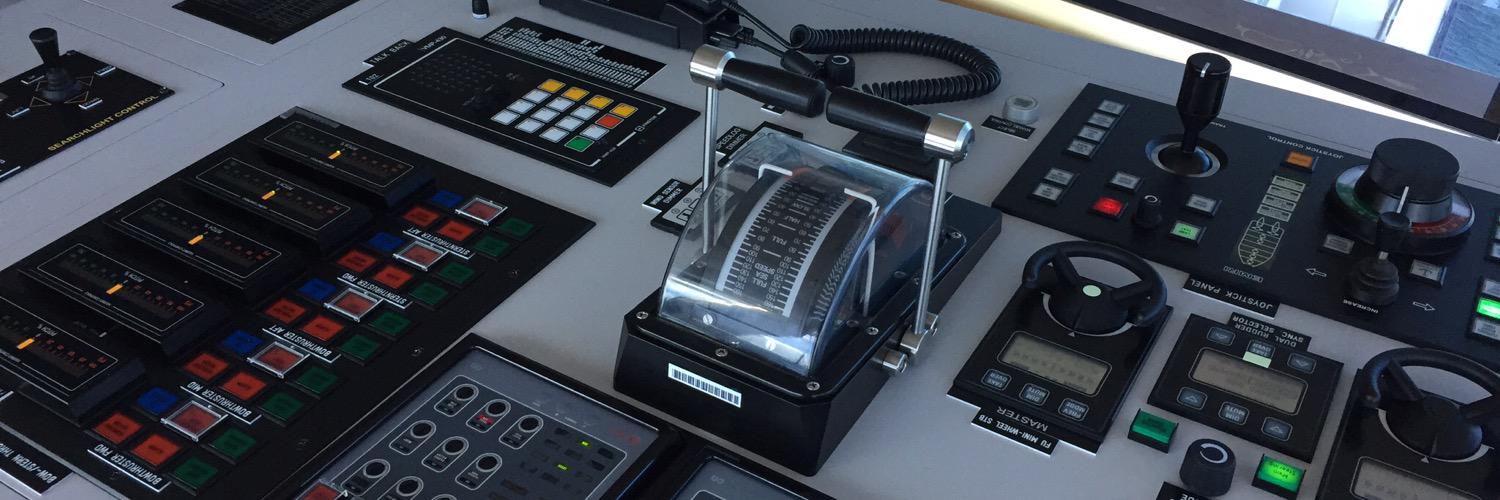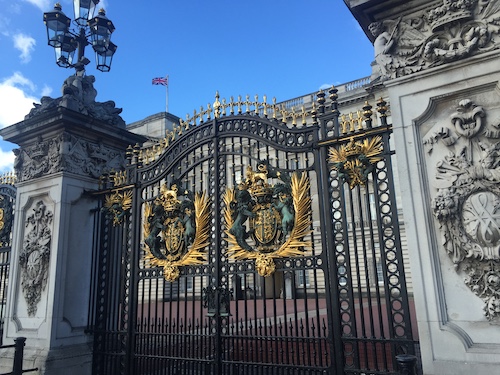It was starting to get dark. Phantom shapes suddenly materialized ahead of me as the headlights of our van reflected off the road signs. Warning! Steep grades and winding road signs started to appear. We were making our way through the Rocky Mountains of Colorado. Large pines lined the horizon with steep cliffs jutting up to my left. I looked to my right and saw the shoulder of the roadway that had been carved into the side of the mountain plunge into the darkness for what seemed to be thousands of feet. Brake lights came one. Fellow travelers, like me were all gripping their steering wheel with the force of ten thousand angels. I tried to exhale as I cranked the van around the precarious turn.
Behind me I could hear the faint breathing of my girls fast asleep in their seats, little aware of the incredible tension happening in the driver’s seat. Around this corner, up the mountain, around that bend, down this curve, my eyes were fixed on the dizzying drama playing out before me. I kept hoping to hear the GPS announce our turnoff that would lead to our rest for the night. Instead, it just taunted me with “continue on” updates. But at long last, the glorious words, “exit here” and “you have arrived” gave me relief. Every muscle in my body was aching. I knew I was tense, but I had no idea how bad it was until I tried to step out of the van. I almost collapsed as my back reminded me that I was decades north of my youthful vigor. But thankfully, with some careful plodding, I made it to my long-awaited rest.
Have you ever experienced anything like that? In those moments the task at hand is so critical that you become physically tense, focused and locked. Every muscle in your body seems to want to help, but of course, it only leaves you sore and fatigued. The pandemic has been a long and winding road. About the time we hit a clearing, a major event occurs, a new strain, a setback or new mandates. Then we hit steep grades, big changes in our companies, inconceivable actions in our governments, and even chilling specters of global war. Are you tense yet? I know I am. For the past several weeks I have noticed the physical exhaustion and sore muscles that would usually only accompany a hair-raising journey across the Rockies, but this time it is from the front row driver seat of my office. I’m not alone. I have heard from others of you that are experiencing the same thing.
These are difficult times to navigate. Can I suggest a few things? The road is treacherous and winding right now. As you turn through those corners, make sure you keep your lights on. Hang on to your faith, your principles, your hope, your integrity and your character. Those radiate out from you and illuminate the dark path ahead. They also encourage those who are going along with you on this journey. Speaking of which, you are not alone. We are all going with you through this challenging patch together. Hit the brakes. Breathe. The signs along the road say, “slow down”. Give yourself time to process and recover from the last bend.
Yes, there will be more highway to travel before our exit, but we can do this. Relax. Take another breath, roll down the window and let the anxiety float away. Take one mile at a time. Enjoy the scenery. Appreciate those precious breaths behind you and enjoy the now. Our destination is just ahead and is full of hope and possibility… and with any luck, a good bed.




